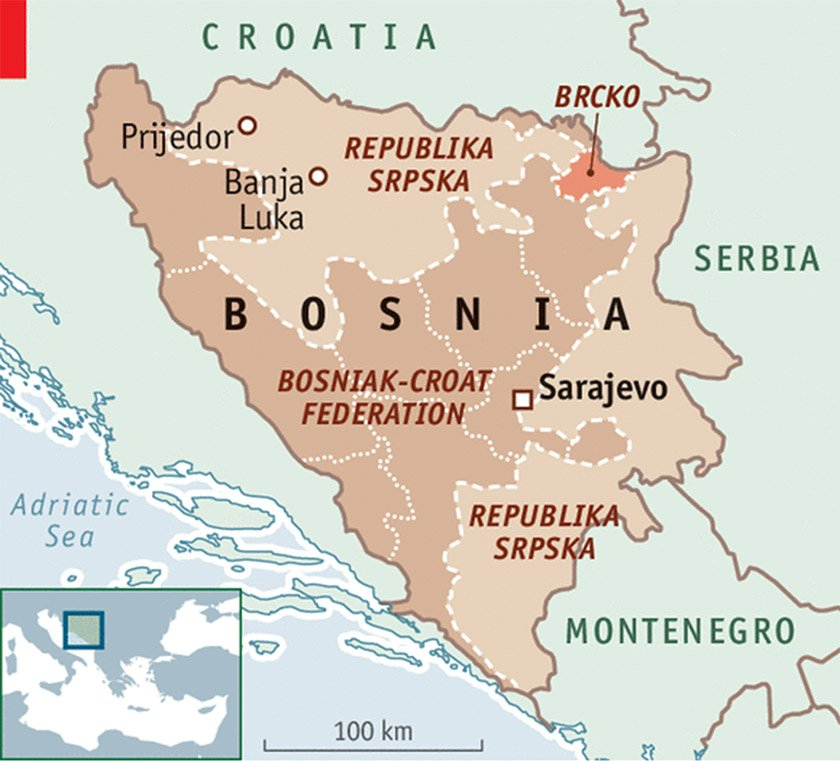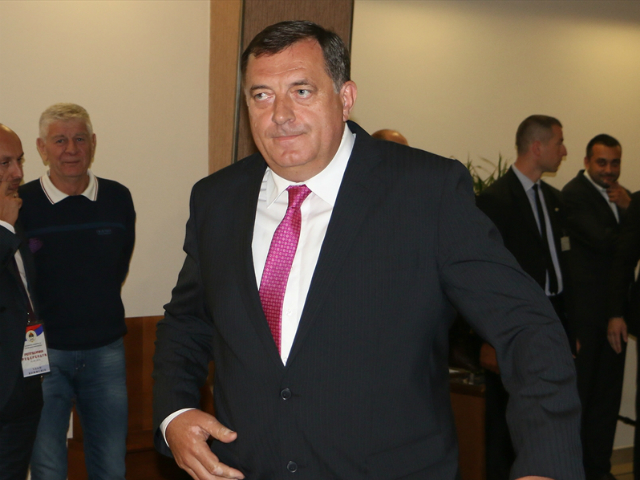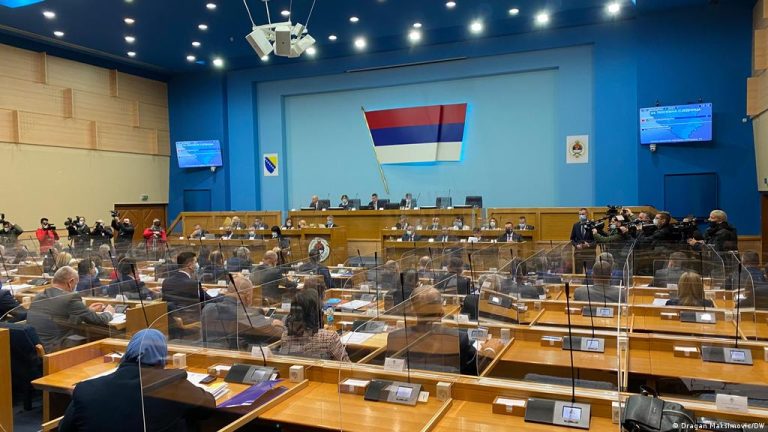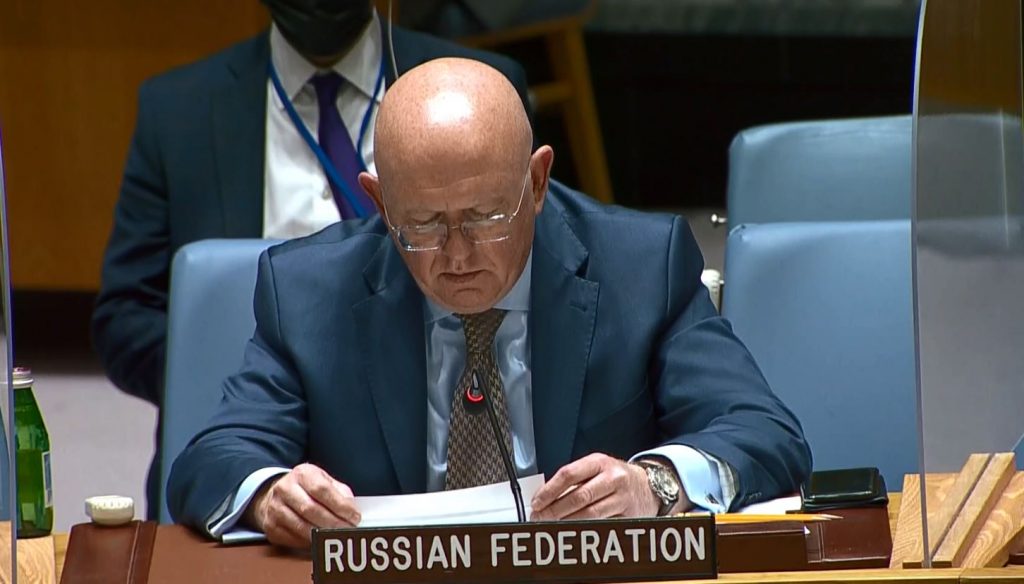Russia fuels the conflict in the Balkans in order to divert attention from the situation on its border with Ukraine. The Kremlin believes that escalating the Balkan conflict and attacking Ukraine will make the West confused in responding to two challenges at the same time. Ultimately, it will choose the Balkan problem as a priority to settle. Meanwhile, Moscow may negotiate with Beijing on giving political support to China’s operation against Taiwan.
Due to this strategy the Russians overextend the NATO forces because they believe that American partners in Europe will be incapable to settle the multitask crisis, and Russia will come unscathed out of the process and avoid responsibility for organizing such a crisis.
The Kremlin seeks to prevent BiH from integration into the EU and NATO structures. Under this scenario it will still control the stability in the region and create unstable zones trading with the West on other issues or divert attention from other geographic directions.
In July 2021 China supported Russia’s initiative to abolish the post of International High Representative for Bosnia. It means that this scenario can be backed up by Beijing in pursuing its own interests in Southeast Asia.
The Parliament of the Republika Srpska, a state entity within Bosnia and Herzegovina, voted for a series of measures to quit Bosnian key state institutions. December 10, the deputies voted to start pulling the Republika Srpska out of Bosnia’s army, security services, tax and judicial systems.

Obviously, Serbian armed forces’ withdrawal from the Bosnian army will be followed by appearance of a separate Serb force in the region. It will aggravate tension in the region and raise the risk of armed conflict. It was the Republika Srpska army that committed war crimes against the non-Serb population during the international armed conflict in the early 1990s.
The Parliament also voted for a declaration calling for the drafting of a new constitution for the Republika Srpska and noting that ‘all laws introduced by the International High Representative of Bosnia are ‘unconstitutional’. Thus, the representatives of the Republika Srpska unilaterally leave the Dayton Accords that, in turn, will jeopardize regional stability.
Under the Dayton Peace Agreement two highly autonomous entities with common institutions were created within Bosnia and Herzegovina: the Republika Srpska and the Bosnian Croatian Federation.
Dodik now pointedly refers to Bosniaks as “Muslims” in an effort to portray the population as a purely religious community and an inherently threatening one. He has also revived the Radovan Karadzic speech of the 1990s that Bosniaks want a “Muslim state” – though no Bosniak official or leader has sounded any such plans, and there is no popular support for any such idea among the largely secular Bosniaks.
While Dodik is moving towards secession, Bosnian politicians got cornered. In case of their passiveness to the provocation, it will look like weakness and push Dodik backed up by Belgrade and Moscow to new provocations. In case of their response, they will be accused of aggression. If they promise to protect the territorial integrity of Bosnia by all possible means, they will be called as conflict provocateurs.
Bosnian Serbs stirred to activity after their leader Milorad Dodik’s visit to Moscow in early December and his meeting with Vladimir Putin. It is highly likely that in Moscow Dodik received instructions to boost destabilization activity in Bosnia and Herzegovina.
Vladimir Putin has pledged support to Bosnian Serbs in disputes with other factions in the war-scarred Bosnia-Herzegovina over power sharing pushed by western allies, a local leader said.
Milorad Dodik, Republika Srpska’s representative in the governing body of BiH, has repeatedly threatened to quit state institutions by referring Bosnia to an ‘experiment of the international community’. For many years, Dodik lobbied the Republika Srpska secession and the idea to become part of neighboring Serbia.
Russia is one of the Dayton Agreement guarantors though its initiative looks like an attempt to sabotage it.
Despite the European Commission’s warnings about risks of the European perspective for Bosnia and Herzegovina, the Bosnian Serbs don’t take these warnings critically, since their priority is unification with Serbia. As for economic risks, they are going to be compensated by Russia and China who have strong desire to support Banja Luka.
Aggressive diplomatic actions and preparation of defence are urgently required to address Bosnian Serb President Milorad Dodik’s secession threats. However, additional US sanctions would not be effective as the lion’s share of Dodik’s businesses, that he owns with a partner, is related to either European or Russian markets.

Read also: Dodik’s madness seeks approval to Putin





